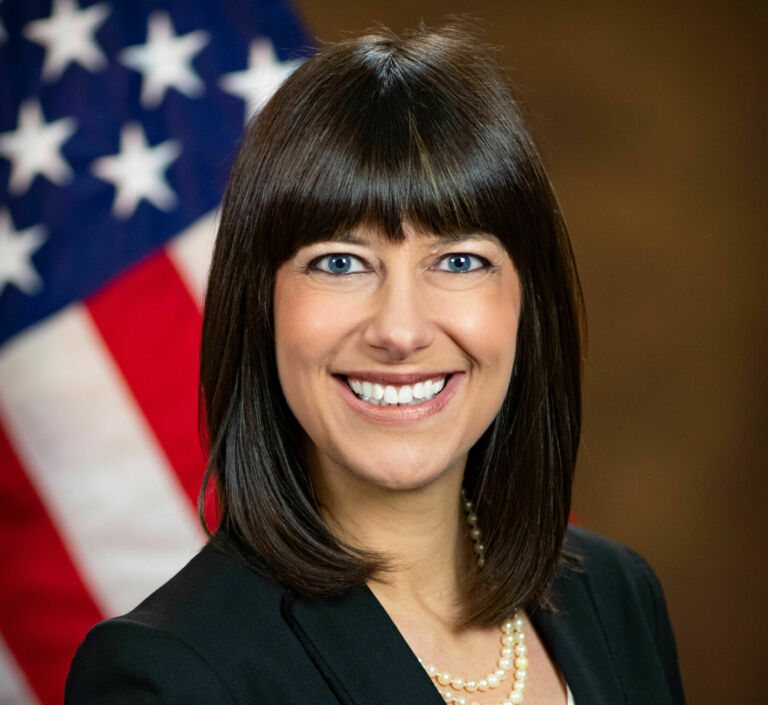Editors at National Review Online criticize Harvard for its response to the U.S. Supreme Court’s recent decision about the use of race in college admissions.
When Chief Justice John Roberts — writing for a 6–3 Supreme Court majority in Students for Fair Admissions v. Harvard and University of North Carolina — struck down racial discrimination in college admissions at the end of June this year, we cheered it as a manifestly just and long-overdue outcome, consistent with the 1964 Civil Rights Act. Yet we were under no illusion as to how elite institutions would respond to the Court’s ruling:
“Nobody pretends that the nation’s colleges will give up looking for ways to quietly discriminate on the basis of race in order to benefit favored groups at the expense of disfavored groups. The ideology of doing so is too entrenched to permit any response but massive resistance. The Court, unwisely in our view, creates an incentive for this by noting that applicants could still discuss their race in their application essays, although it tries to head off mischief by warning universities not to use those essays as a license to continue discriminating.”
Let no one say we spoke too soon, or too cynically. Last Tuesday, Harvard University — one of the two named defendants in the Supreme Court’s ruling — revealed its new set of required admissions essays for fall 2024, and the very first (and thus presumably most important) prompt is as follows: “Harvard has long recognized the importance of enrolling a diverse student body. How will the life experiences that shape who you are today enable you to contribute to Harvard?”
Harvard’s admissions office was of course taking its cues not from National Review editorials, but rather from Chief Justice Roberts’s majority opinion and Sonia Sotomayor’s dissent, which were in dialogue with one another on this specific matter.


